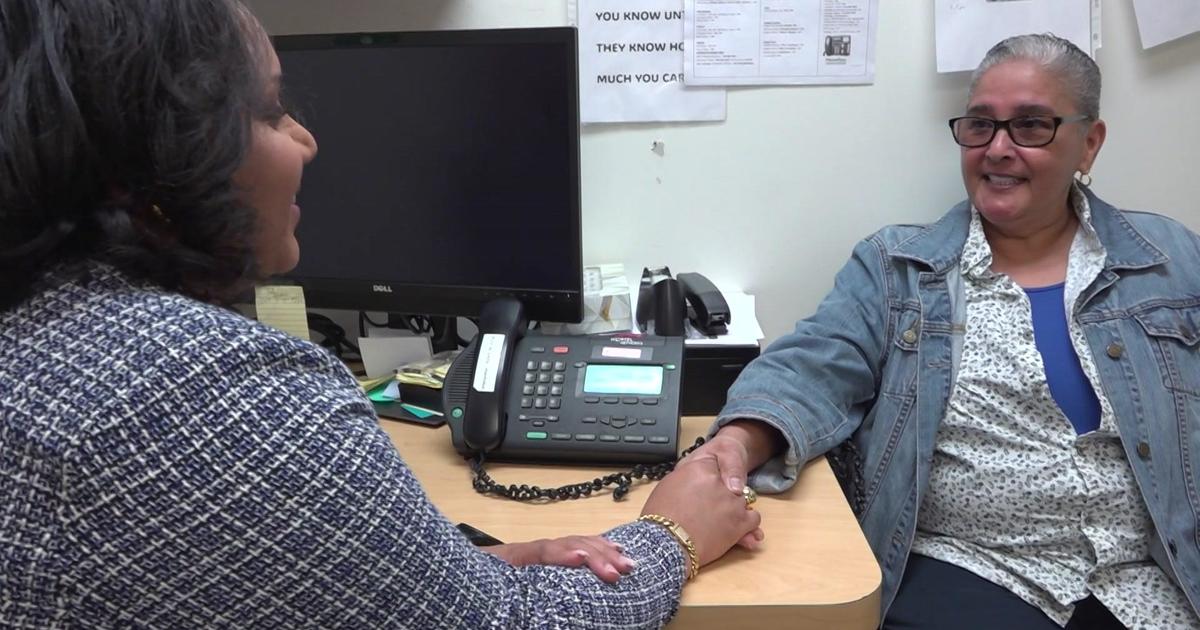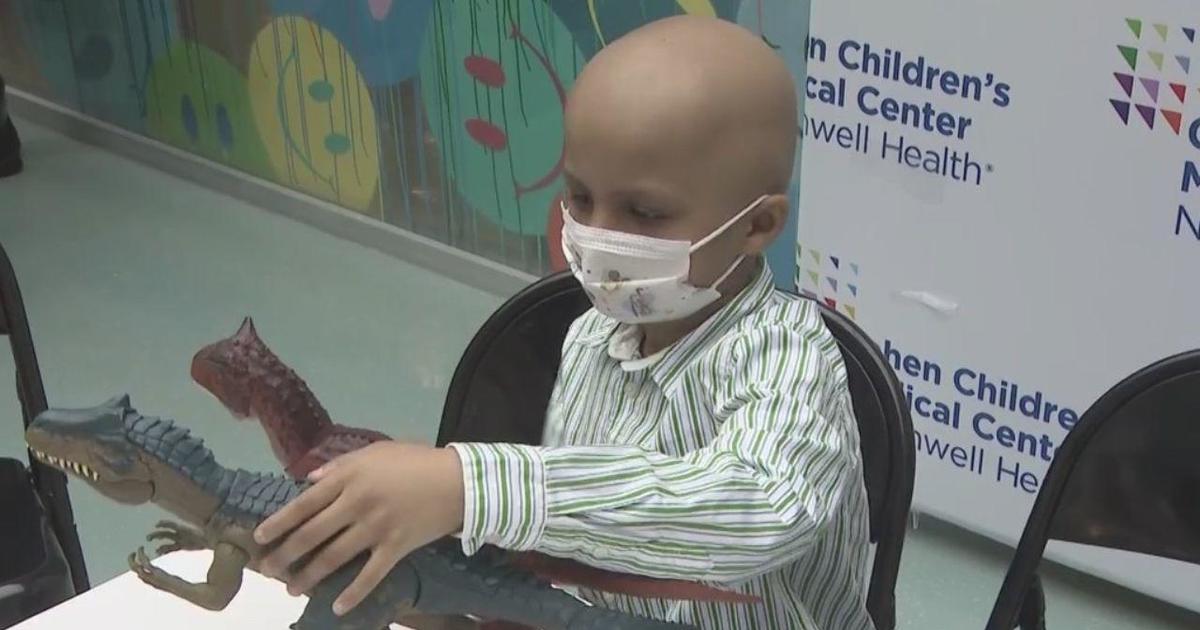Seen At 11: Parents Turn To 'Sleeping Pills' For Kids
NEW YORK (CBSNewYork) -- A good night's sleep is crucial for a young child's development, but in many households it is easier said than done.
As CBS 2's Alice Gainer reported Tuesday night, a growing number of frustrated parents have been turning to the equivalent of sleeping pills to help their kids fall asleep faster. But the question is, just how safe are the substances?
Mindie Barnett said she went through a nightly challenge putting her toddler to bed.
"It would take him, sometimes, two hours to fall asleep," she said. "It essentially required me to rock him in a chair."
But all that changed when she started giving her son some little drops.
"He falls asleep within 10 minutes of taking it," she said.
The substance is an all-natural sleep aid for children that was suggested by Barnett's doctor, containing a melatonin supplement. Melatonin is the hormone that the human body naturally produces to help regulate sleep.
And Barnett is not the only parent tucking her tot to bed with the drops.
"Families have heard from others, they've seen on the Internet, they've seen it on TV, that melatonin may be a useful product and an easy fix," said Dr. Sanjeev Kothare of NYU Langone Medical Center.
Melatonin supplements – in drops or pill form – have traditionally been recommended for adults and for children with certain developmental issues. But now, a growing number of parents have been giving it to kids who simply have trouble falling asleep.
"The studies that have looked at melatonin use in children, both in, in typically developing and special populations, have found it to be effective, particularly in reducing the time to fall asleep," Kothare said.
The American Academy of Sleep Medicine said melatonin is generally considered safe for children to use temporarily, but not for long-term use. It is also to be used only under a doctor's supervision.
And many experts cautioned that melatonin is not a cure-all.
"One of the concerning issues is that melatonin does have an impact on the systems in the body that govern puberty-related changes," said Dr. Judith Owens of the American Academy of Sleep Medicine.
Owens said right now, clinical studies on long-term side effects are lacking, and there is also concern that doses can be confusing for parents.
"Giving more than 5 milligrams has not found to be beneficial, and giving beyond 10 milligrams definitely invokes anxiety, even in me, as to what the long-term and short-term side effects could be," Kothare said.
Doctors said melatonin is non-habit-forming, but taking it regularly may lead to psychological dependence.
"I've actually had 5- and 6-year-olds who ask their parents for their melatonin dose at bedtime," Owens said.
As for Barnett, she said she plans on putting the melatonin away soon.
Before starting any sleep medication, experts advise making sure you talk to your pediatrician to rule out any medical or behavioral sleep issues.
You May Also Be Interested In These Stories



